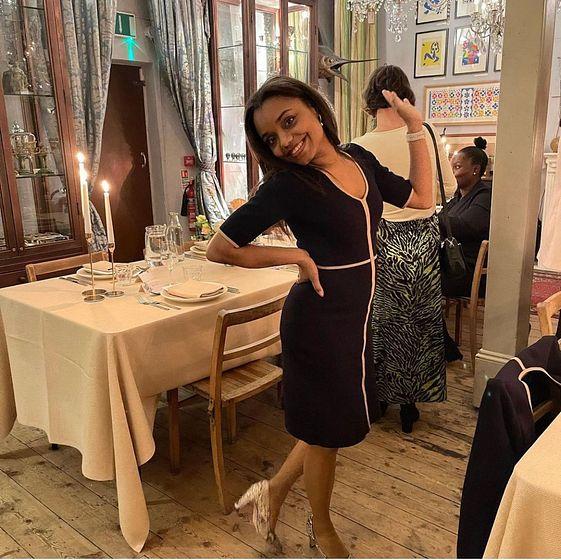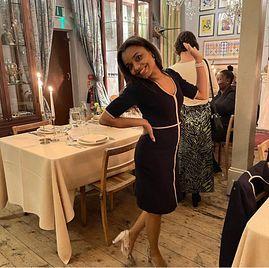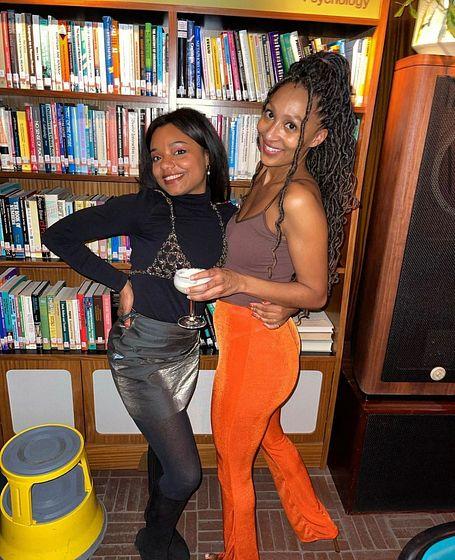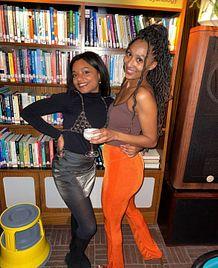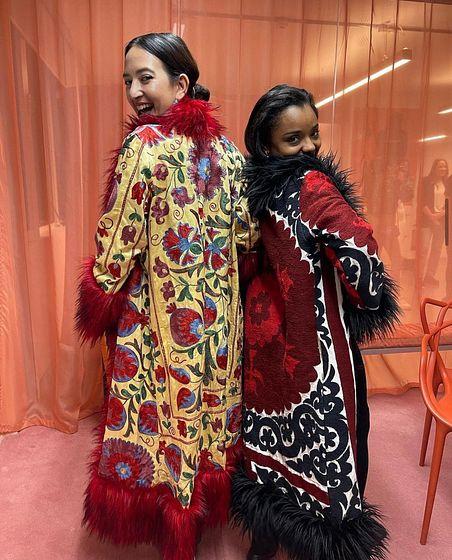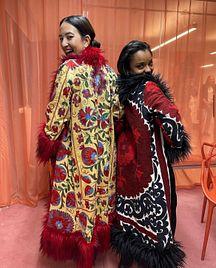ow is the time to stop assuming that you’re always going to be alone. Or that you can only rely on yourself. Or that no one understands you. Or whatever warped schema you use to avoid making new friends. Know that this feeling is both endemic (so you really aren’t alone in your thoughts) and a direct result of our current neoliberalist methods of human progression.
Why are we lonely?
Neoliberalism insists that we remove obstacles to free markets and allow capitalism to generate development. The argument that prevails is that if only everyone were allowed to work freely, capitalism will generate wealth which will trickle down to everyone (!) Neoliberalism gained traction with Thatcherism, experienced a growth trajectory with the 1980s cult of individual money-making before peaking with the era of GirlBoss personal development. We are well into the Age of I.
To power this incredible personal and economic growth, the world had to physically change. Like taking a reliable and safe car and souping it up with high performance modifications to allow it to run faster, our planet had to gear up. We call these improvements “cities” and they allow neoliberalism to thrive. They beckon us with their opportunities to earn as much money as we like (and obviously give us places to spend it). They separate us from our families. They force us to live on top of each other, buttressing up with perfect strangers. Globally, over 50% of the population lives in urban areas today and by 2045, the world's urban population will increase by 1.5 times to 6 billion. Economist Noreena Hertz writes in her book - The Lonely Century:
“From Bolton to Barcelona, from Houston to le Havre, from Kansas to California, across the world communities have been starved of their necessary social infrastructure. And this problem is typically worse in cities than elsewhere.”
We move to the cities for a better life, only to realise that we have become anxious, exhausted and lonely. And women feel this more than men. According to ONS data, UK women reported feeling lonely more frequently than men. They were significantly more likely than men to report feeling lonely “often/always” and in a poll conducted by the Angus Reid Institute in Canada, women under 35 tend to express greater feelings of loneliness than other age groups, despite having social lives.
Never before in our entire human history have we lived with such global urbanisation so it’s only natural that you might feel a bit lonely in your tower block apartment in the middle of millions of people who don’t know your name. The feelings are natural, but the situation is not.

